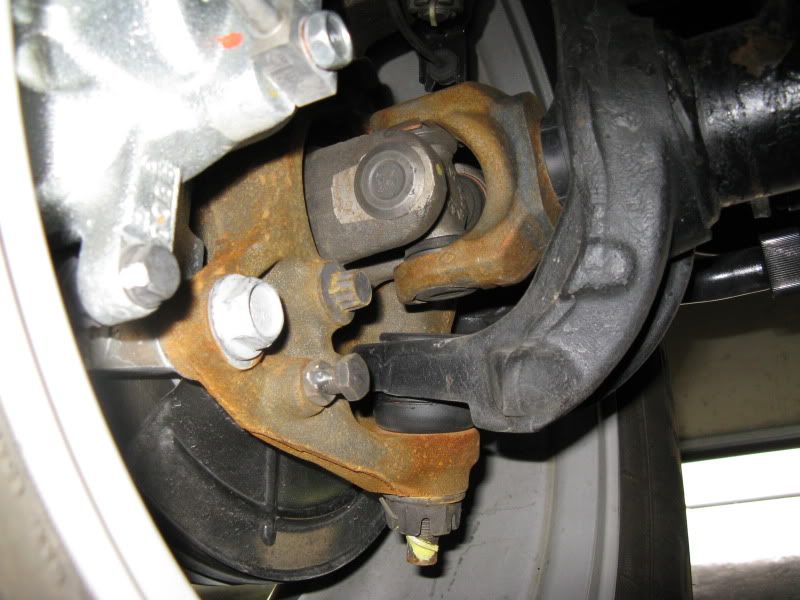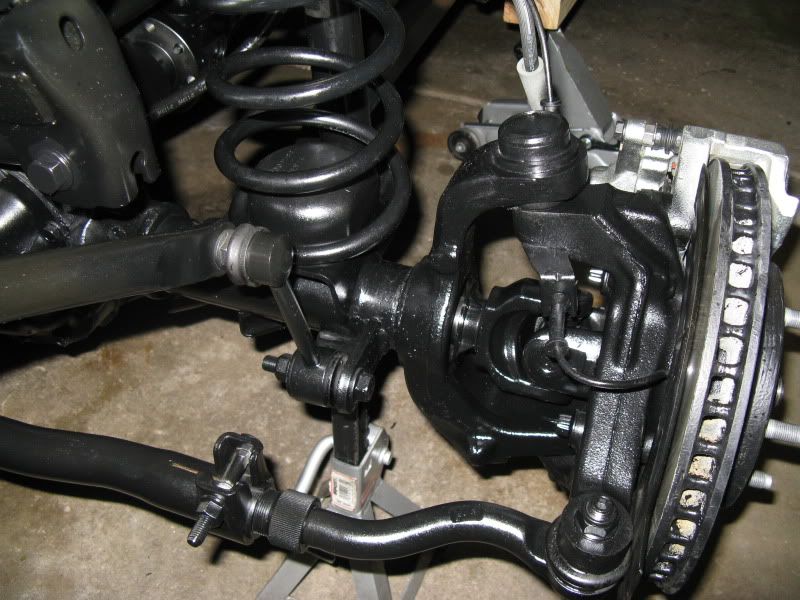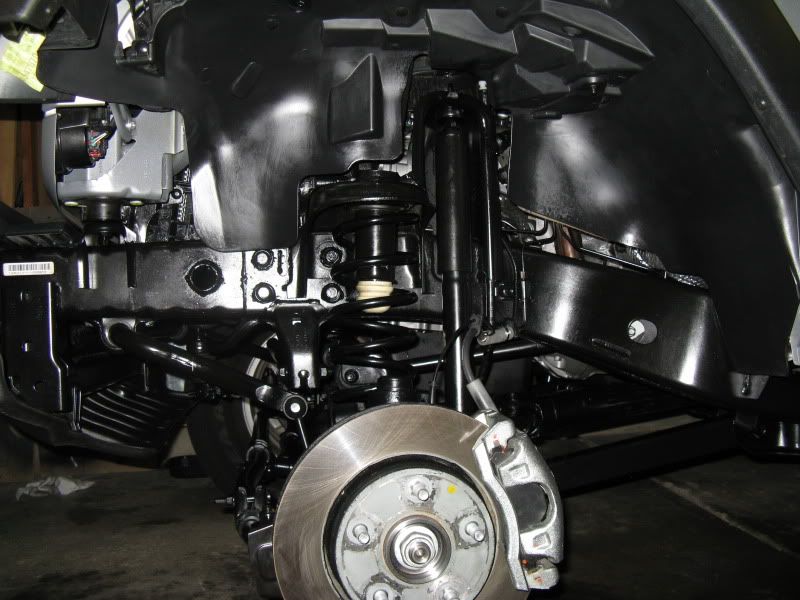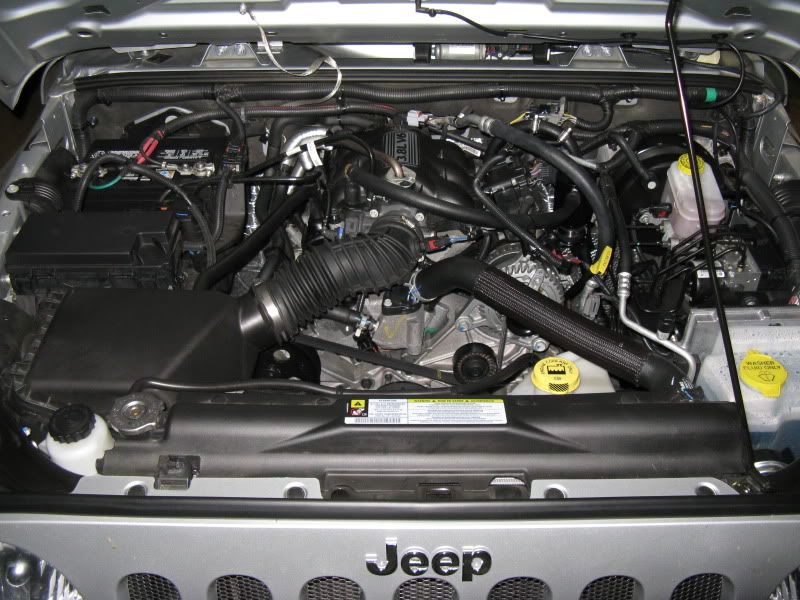Originally Posted By: rcy
Krown is not 'wool grease' - it's not a thickish type fluid.
There are multiple fluids from Krown. Some of them most certainly are thickish. They stay liquid and are thick enough that it took until May and June sun to become thick enough to migrate to my spare tire well and out the drains on my doors and hatchback. They are not all like WD-40.
Krown is not 'wool grease' - it's not a thickish type fluid.
There are multiple fluids from Krown. Some of them most certainly are thickish. They stay liquid and are thick enough that it took until May and June sun to become thick enough to migrate to my spare tire well and out the drains on my doors and hatchback. They are not all like WD-40.




